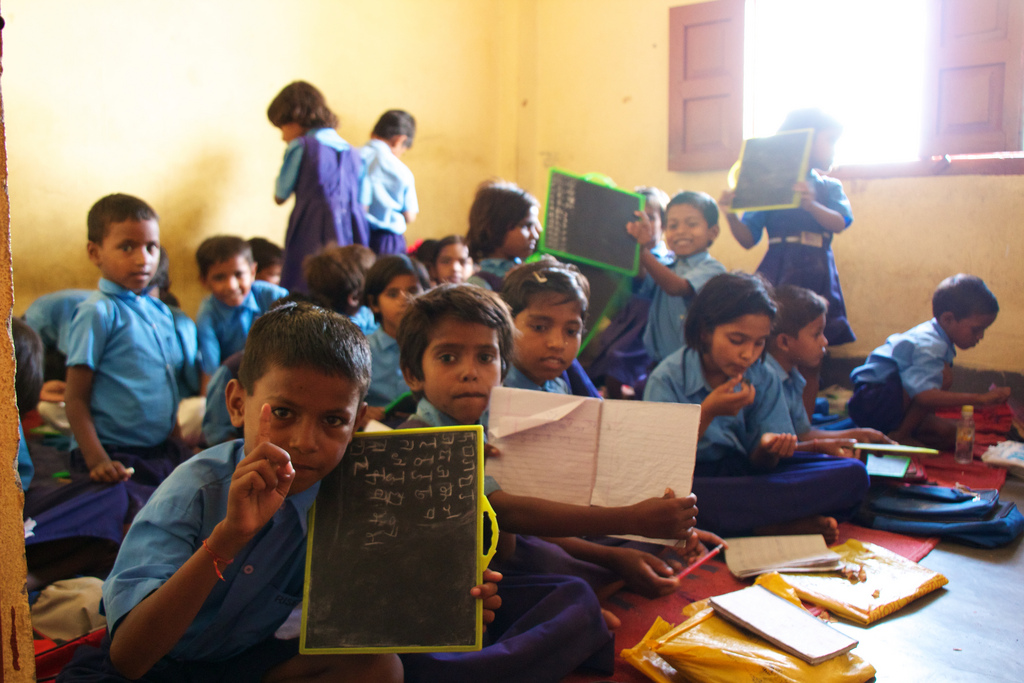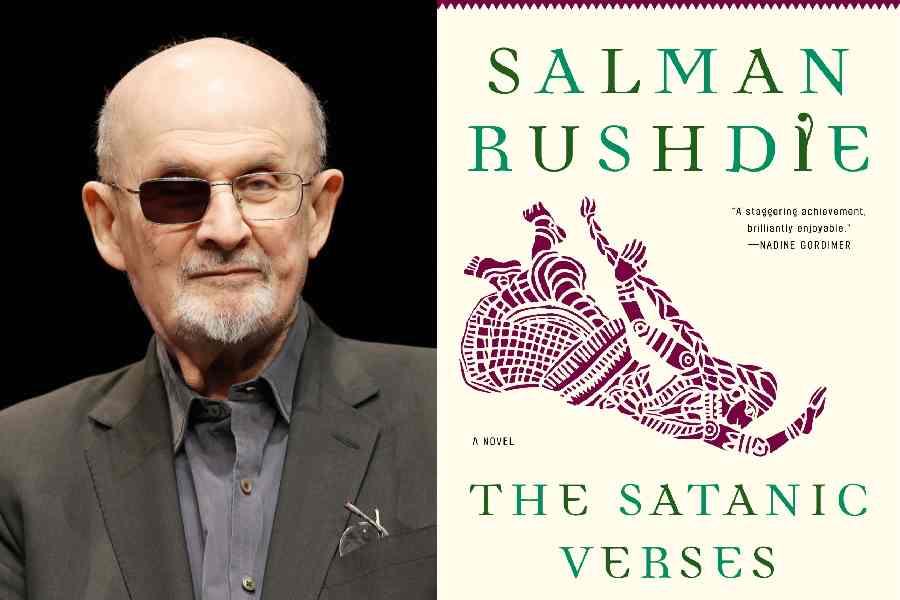It is not easy to decide which is more frightening — the undermining of institutions by political power or the undermining of young minds by adults at home. School authorities in Calcutta are facing requests from parents to change their ward’s seat because the child next to him brings meat for lunch and is from another community, for example, or to ‘screen’ children during admission. It is not surprising, therefore, although deeply painful, that a few children have been found making unacceptable remarks against adults of a different community. Such phenomena expose the immeasurable ugliness of the Bharatiya Janata Party-led government’s politics of discrimination that has contaminated everyday lives. It is manifested in various ways, as in the campaign against meat- eating — somehow expressive of ‘impurity’— and the barefacedly false link the party has forged between meat-eating and one community. It may seem more shameful that guardians in the majority community have not only embraced this discrimination with delight, as though secular politics had forced them away from valued hatreds, but are also busy teaching their children how to hate. The joys of sharing are fast disappearing.
Yet not all institutions have been undermined. Schools in the city are now up in arms against the intrusion of religious discrimination into their classrooms and in their pupils’ minds. Some are asking guardians to ensure that their religious preferences do not affect their children, and most are consciously communicating the values of plurality, diversity and equality to the pupils, holding up the humane values of a community comprising different religions, teaching respect for difference and universal love, investing with meaning the idea that all Indians are brothers and sisters and elucidating the idea of secularism in the Constitution. Perhaps the distortion of values induced by the BJP’s politics has had the unexpected result of exposing the true function of education in those institutions that have remained unbowed against the assault of hatred.
These lessons, perhaps ironically, could be linked to the Central Board of Secondary Education’s direction to its affiliated schools to transform themselves into anger-free or no-anger zones, so that children learn to control anger and teach their parents to do the same. The idea that by controlling anger, teachers and other school personnel can provide pupils with an environment that will make them emotionally active and encourage happy learning, so that they go home ‘charged’ and wish to return, is part of the Centre’s recent ‘Fit India’ programme. Yoga or calming exercises are to be part of the no-anger training. This is all to the good; so, is no-anger equivalent to no-hatred, the lesson that the Calcutta schools are teaching? While happy learning is a desirable ideal, no anger may just produce a compliant population. Anger is not all negative; without it no one could fight against falsity, incompetence, injustice, hate-mongering, bullying and violence. What is India being ‘fitted’ for?













